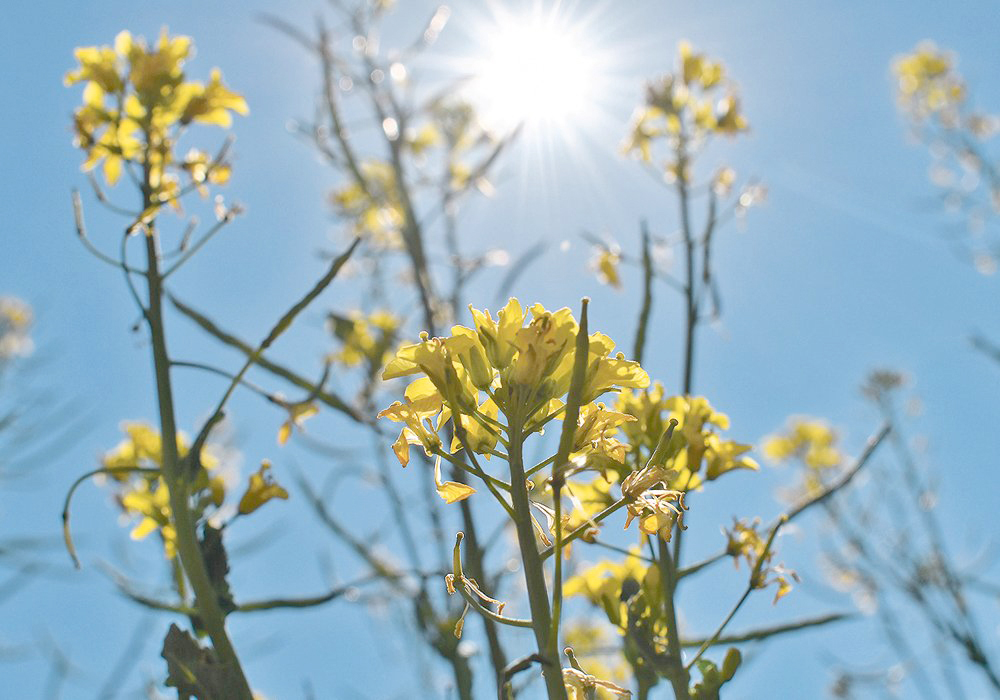What happens when a group of people are left behind? I don’t know, exactly, but it can’t be good.
In agriculture, industry groups, agricultural associations and companies all have mandates to communicate with farmers. They need to reach farmers with their products and their messages. Their lobbying efforts need to accurately reflect the farmer voice they are championing to lawmakers.
If you’re a farmer reading this, your voice is valuable, it is powerful and it is needed.
Sometimes, though, the industry leaves farmers behind.
Read Also

Rural communities can be a fishbowl for politicians, reporter
Western Producer reporter draws comparisons between urban and rural journalism and governance
This can occur when government mandates shift and require swift industry change to stay relevant. We’re seeing this with a government and a world that has become focused on emissions, carbon sequestration, climate change, sustainability and transparency.
Markets, lawmakers and consumers are demanding a lot of farmers.
As food producers, the essence of our operations is being called into question based on principles foisted upon us by a government that does not understand the demographic to which it is trying to communicate.
Large-scale farms have become the enemy. The pesticides, fungicides and herbicides that once represented the world’s greatest minds coming together are increasingly being admonished as a necessary evil that responsible farmers should be using less and less of.
Many farmers have not been part of discussions surrounding these issues and have been left behind.
Yet industry forges ahead, doing what needs to be done in order to stay afloat and coffee shop banter becomes more and more untethered.
This is a problem. It’s OK if we don’t all agree. That is healthy. If, however, the chasm between us is too large, we may just be postponing the moment of reckoning.
You’ll play along with government policies and mandates for a while but then you’ll find yourself cash-strapped and discover that glyphosate has been taken off the market, for example. It is at this point that you forsake all these “green” attitudes and sentiments and decide to take a stand. After all, you never really agreed with it in the first place.
In all my years of farming, issues related to the environment have been the most polarizing.
The requirement of Canadian agriculture to increase its competitiveness amid a daunting set of demands and to show the world that it can produce an abundant supply of clean, safe food has created a new set of conditions. The industry has skimmed through most demands as easily as passing over a few PowerPoint slides and has gone straight to the end of the discussion.
If you blinked, you missed it. Now, policy development, research programs and lobbying efforts claiming to represent farmers seem to be based on data we haven’t spent a lot of time with.
In truth, there is no excuse for many of us to not be at the same table on many of these issues because the information backing them up is widely available and has been for some time.
Still, though, the industry has left many farmers behind and now we’re criticizing them for their dissent.
Agricultural groups and others are aware of this problem. They know that many farmers don’t agree with them and they know that many farmers who say they do are merely playing along to stay part of the discussion.
Imagine how much stronger the sector would be if we could all agree on a few fundamental things? I really don’t know if this is possible, but I can’t help but think that if we’d try harder to connect with those whom we’ve left behind, agriculture in Canada would get a little stronger.
And incremental growth is still growth — perhaps it’s the most realistic and sustainable kind.
Toban Dyck farms in southern Manitoba and shares his thoughts through media platforms.















